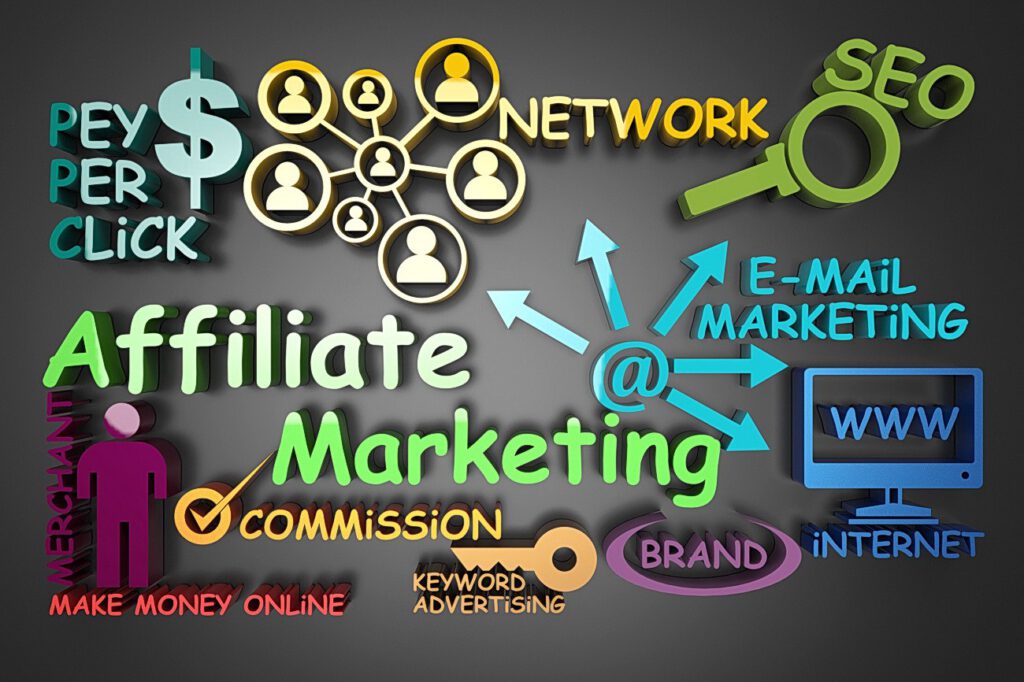Technical SEO is the technique that ensures search engines can read and interpret a website’s content. It covers various optimizations, including coding, server configuration, and other features to improve a website’s visibility in search engine results pages.

While less obvious than on-page and off-page SEO, technical SEO at https://www.rankboss.com/ is essential to round out your SEO strategy. There are a few main benefits of optimizing your site technically:
- Crawlability
As one of the fundamental parts of technical SEO, crawlability is all about search engine robots being able to find and navigate your website pages. Aside from affecting your ranking, having issues with crawlability can also impact how search engines interpret your page content and the keywords you use on them.
As the internet is a collection of web pages, search engine bots use internal links to crawl (scan) new and updated content on websites and blogs and add it to their index. This index is like the card catalogue of a library – it enables search engines to return relevant results for searches. For this reason, it’s important to ensure that your pages are crawlable by removing any barriers or blockers.
If your website is a bit messy or disjointed, or there are broken links, then it’s likely that search engine bots won’t be able to access and crawl your site. This could lead to missing out on opportunities for organic search traffic and rankings. Using a tool like Screaming Frog or Broken Link Checker is a good way to test and fix all broken links on your website, so search engines can reach and index all of your pages.
It’s also important to ensure that your page titles are clear and accurate so that search engine bots can understand the topic of each page and how it relates to other pages on your website. For example, if you have different types of content on your site such as blog posts and product pages, it’s important to ensure that the page titles reflect the type of content. This will help your audience to find what they’re looking for on your website and rank well for relevant searches.
- Loading Speed
Loading speed is the time it takes for a website to display the first byte of data on a user’s browser. This metric is used by search engines to determine the quality of your page and how likely it is to rank in SERPs. It has also been shown to influence user experience and bounce rates. Research has found that users are more likely to abandon a page that loads slowly.
In order to decrease load times, consider implementing a content delivery network, reducing image sizes, removing unnecessary scripts, and utilizing browser caching. A good rule of thumb is to aim for a load time under 3 seconds.
Another important aspect of technical SEO is ensuring that your website is mobile-friendly. This involves ensuring that your pages are responsive and that you use the correct viewport meta tag on each page. In addition, it’s a good idea to use a tool like Google’s mobile-friendly test to ensure that your site is mobile-friendly.
Internal linking is a small part of technical SEO, but it’s worth mentioning because it can have a huge impact on your rankings. Essentially, it involves adding links on your pages to guide search engines to other pages on your website. This can help improve the structure of your site and prevent “orphan pages” — pages that aren’t linked to from any other page on your site.
Technical SEO is often overlooked by marketers who focus on creating high-quality content and link-building strategies. However, it’s essential to understand the importance of technical SEO in order to have a complete SEO strategy that includes both on-page and off-page factors. By performing a technical SEO audit and understanding the most common mistakes that can harm your ranking, you can ensure that your content and links are reaching their full potential.
- Pagination
Pagination is a method of splitting up content into different pages to make it easier for users to read or find. When applied correctly, pagination can improve UX for readers by allowing them to see all the products in a particular category right away rather than having to scroll through multiple pages. It can also help increase the number of page views and ad impressions on your site by making it easier for users to access more content. However, it’s important to understand that pagination can also have a negative impact on technical SEO. This is because paginated pages may be indexed by search engines as duplicate content and could compete with the root page for rankings.
In order to prevent this from happening, it’s important to ensure that each paginated page has unique and high-quality content. It’s also a good idea to use internal linking and de-optimize paginated pages so that they don’t compete with the root page for rankings.
Some SEOs recommend that you make one paginated page the canonical page, but this is not a good idea because it will cause the search engine to ignore other pages on your website and may result in your content being filtered out of the index completely. Instead, it’s better to follow Google’s recommendations and make each page on a paginated series unique.
To do this, you can use the head> rel=canonical tag to tell Google that each page in your paginated sequence is a canonical version of the previous and next pages on your site. You should also avoid using URL fragment identifiers (text after a? in the URL) since these can confuse Googlebot and cause it to ignore your paginated links.
- HTTP Errors
HTTP errors are messages sent back by a web server to the client when something goes wrong. These can affect your technical SEO in several ways.
The most recognizable HTTP error is the 404 Not Found status code, which tells a website visitor that the page they requested on the site doesn’t exist (it may have been moved or deleted). It can be caused by broken links or by a misspelled URL, and it has the potential to frustrate visitors, leading them to leave your website.
Another common HTTP error is the 500 Error, which indicates that the website’s server is experiencing a temporary problem. This can be due to a network issue, overloaded servers, or scheduled maintenance. The good news is that this type of error is typically easy to fix.
A 401 Unauthorized error indicates that you have tried to access a resource on the website that is protected by a username and password, such as a member-only forum. It’s important to secure these pages and ensure that only logged in members can access them.
The 400 Bad Request status code indicates that a website’s server cannot process the request from the client, which could be because of an overly large file, bad syntax, or a missing argument. It’s important to monitor these errors as they can have a big impact on your technical SEO, especially if the page that isn’t being shown is a key piece of content that can drive traffic to your business. If you have a tool like a site audit that helps you identify and track these errors, you’re in a great position to take action before they hurt your rankings.
- Internal Linking
A website’s internal linking structure is crucial to how a search engine understands and ranks it. It determines how a site’s pages are organized and how they’re connected, as well as forming navigational funnels that direct visitors through the content on a site.
It also improves a website’s link equity by channeling it to the most relevant and important pages on the site. For example, you can point a blog post about “search engine crawlers” to an explainer page that has a high conversion rate to boost that page’s ranking.
Like a trail of breadcrumbs in a children’s story, internal links act as a way for visitors to navigate their way back to the homepage if they get lost within a digital landscape that can be difficult to understand. Google’s John Mueller has even mentioned that a website’s internal linking structure is one of the most significant things that can help tell search engines which pages are the most important.
As with external links, it’s important to use internal links sparingly and correctly. For example, linking to a competitor’s website is not good practice. Similarly, linking to pages that don’t have any relevance to your brand is not helpful either. Lastly, keyword stuffing in internal links is a very bad idea and should be avoided at all costs.
Aside from helping your SEO efforts, internal links also make a huge difference to the user experience (UX) and overall performance of your website. By improving navigation, the user’s journey on your site will be easier, and they’ll spend more time exploring and converting on your digital platform. So, if you haven’t already, be sure to prioritize your internal linking strategy.

